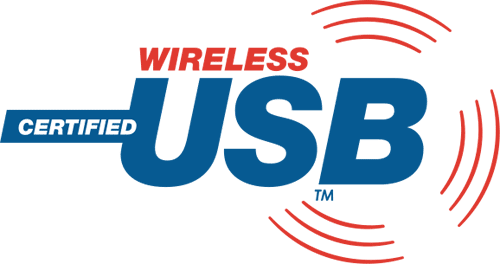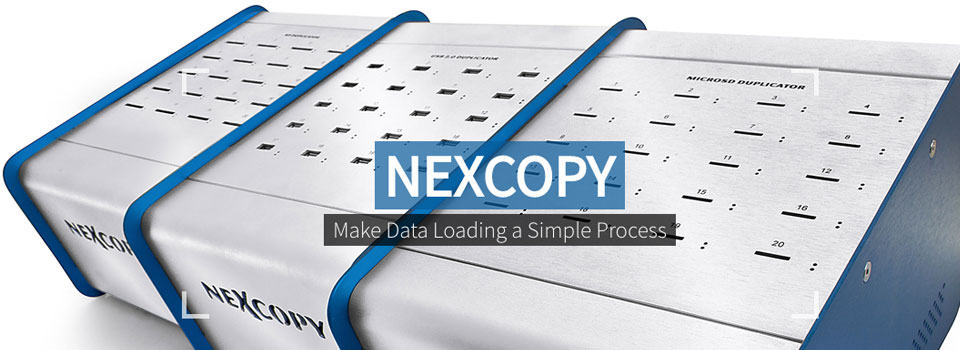In what certainly falls into the ‘better late than never’ category comes word the USB-IF and Wi-Fi Alliance have finally come to an agreement and the latter will transfer a WiGig specification to the USB-IF. This means that the aging Certified Wireless USB standard’s days are numbered and that its replacement – the Media Agnostic (MA) USB – specification can be finalized.
At its heart, the Media Agnostic USB standard will rely upon WiGi Serial extension as its foundation, but USB-IF fully expects that this new wireless USB standard to be independent of any wireless tech. In basic terms, this means that new spec will encompass not only WiGig, but WiFi, and even the original UltraWideBand; thus, this gives the wireless USB the potential for backwards compatibility as well as easy future expandability.
In the meantime, WiGig will act as Media Agnostic USB’s main backbone and that is a great starting point. At its core, WiGig relies upon the unlicensed 60GHz radio spectrum to deliver up to 7Gb/s worth of bandwidth – or a more than a fourteen fold increase over existing Wireless USB’s 480Mb/s rating. With that much bandwidth, it can easily handle everything from multiple HD video streams down to simpler data streams. USB-IF also promises Media Agnostic USB will be USB 3.0 from the beginning.
Because of the fact that WiGig operates in the 60GHz spectrum, it will be a very short-ranged standard so don’t expect it to reach further than across a large living room. This, however, is pretty much what the existing WUSB standard is intended for in the first place so while not an improvement, MA USB will be no worse in this regards. The USB-IF expects Media Agnostic USB to start landing next year and we expect big things to start happening soon after.



